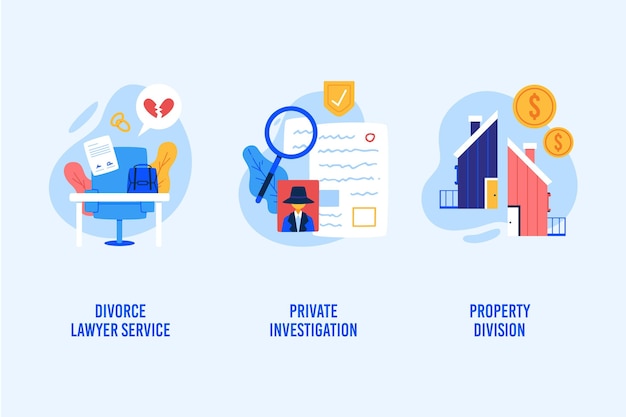
In Part 1, we talked about whether it’s better to pay off your mortgage or invest the money instead. We also looked at an example showing how your mortgage can be seen as an investment with a return equal to your mortgage interest rate.
Let’s revisit the question:
After the initial example, you might think we’ve got our answer, but it’s a bit more complicated. Two main factors influence the decision:
1) Interest Payments:
Consider what it costs to buy a house for $150,000. If you pay the full amount upfront, it costs $150,000. There’s no interest involved (ignoring closing fees and payoff charges for simplicity).
But if you take a 30-year mortgage, it costs you $289,883.68, which includes $150,000 for the principal and $139,883.68 in interest. Essentially, you’ll end up paying almost twice the original amount.
So, when calculating future value, we need to consider the net balance:
• Option A: [Future value of monthly $805.23 payments] – [$150,000]
• Option B: [Future value of initial $150,000] – [$289,883.68]
2) Rate of Return:
In the example, we assumed your money grows at the same rate as your mortgage interest. While a 5.00% return seems good today, it was considered low during certain times in the past. Let’s use the stock market’s historical 8% annual average return to see which option leaves you with more money.
We can determine the net balance for any interest rate:
How These Variables Affect the Answer:
The better option depends on the rate you think you’ll earn over 30 years. Here are some general rules:
• If you earn about 1% more than your mortgage interest rate, both investments yield the same net return, known as the “break-even point”.
• If you expect to earn less than your mortgage interest rate plus 1%, paying off the house (Option A) is better.
• If you expect to earn more, investing the money (Option B) is better.
Now, let’s consider a 4.00% mortgage interest rate:
What if we raise our money value to $300,000? The observations still hold true.
Other Important Factors That Can Influence the Answer:
1) Different Mortgage Types:
We’ve used a 30-year fixed mortgage in our examples. A 15-year mortgage or an adjustable-rate mortgage (ARM) could significantly change the break-even point.
2) Midway Through Your Mortgage:
We assumed the mortgage was just starting, where interest payments are highest. If you’re already 10 or 20 years in, you’ve likely paid off much of the interest. Over time, the principal vs. interest ratio in your payments shifts, so halfway through, the break-even point will be closer to your mortgage’s interest rate than in our initial example.
3) Taxes:
Mortgage interest is tax-deductible. Paying off your mortgage could impact your tax refund. Additionally, your investment choice affects taxes. For instance, a Roth IRA has different tax implications compared to an annuity, which may have fees and taxes that reduce earnings. Each option impacts your financial situation differently.
4) Home Value:
If you bought a house in 2005 and watched its value drop by half during the 2008 lows, it’s clear which investment was worse. Home values will eventually recover, but until then, think about whether you want to tie your money up in a house that may not regain its value in the short term.
